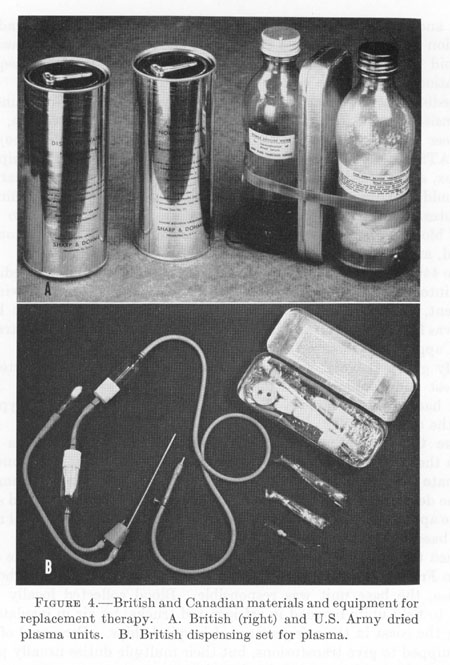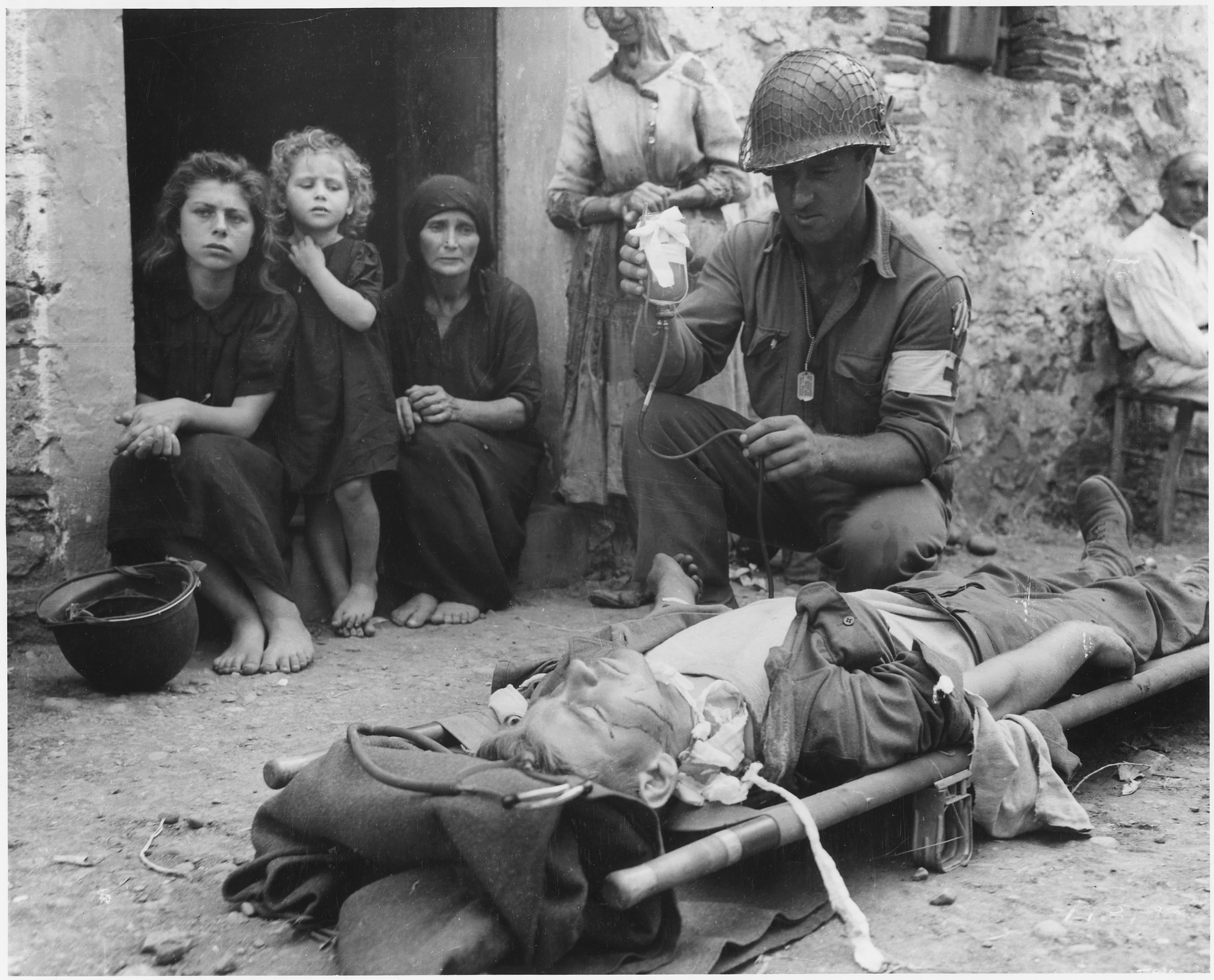This question has been in my mind for awhile, and I couldn't find answer in my textbook or online.
Why did we stop giving blood plasma to trauma patients in the pre-hospital in the US after Vietnam war?
Isn't plasma supposedly helping clotting process and fighting infection? I know it is still used by the military, and by other countries till this day, often in dehydrated powder form.
Why did we stop giving blood plasma to trauma patients in the pre-hospital in the US after Vietnam war?
Isn't plasma supposedly helping clotting process and fighting infection? I know it is still used by the military, and by other countries till this day, often in dehydrated powder form.



